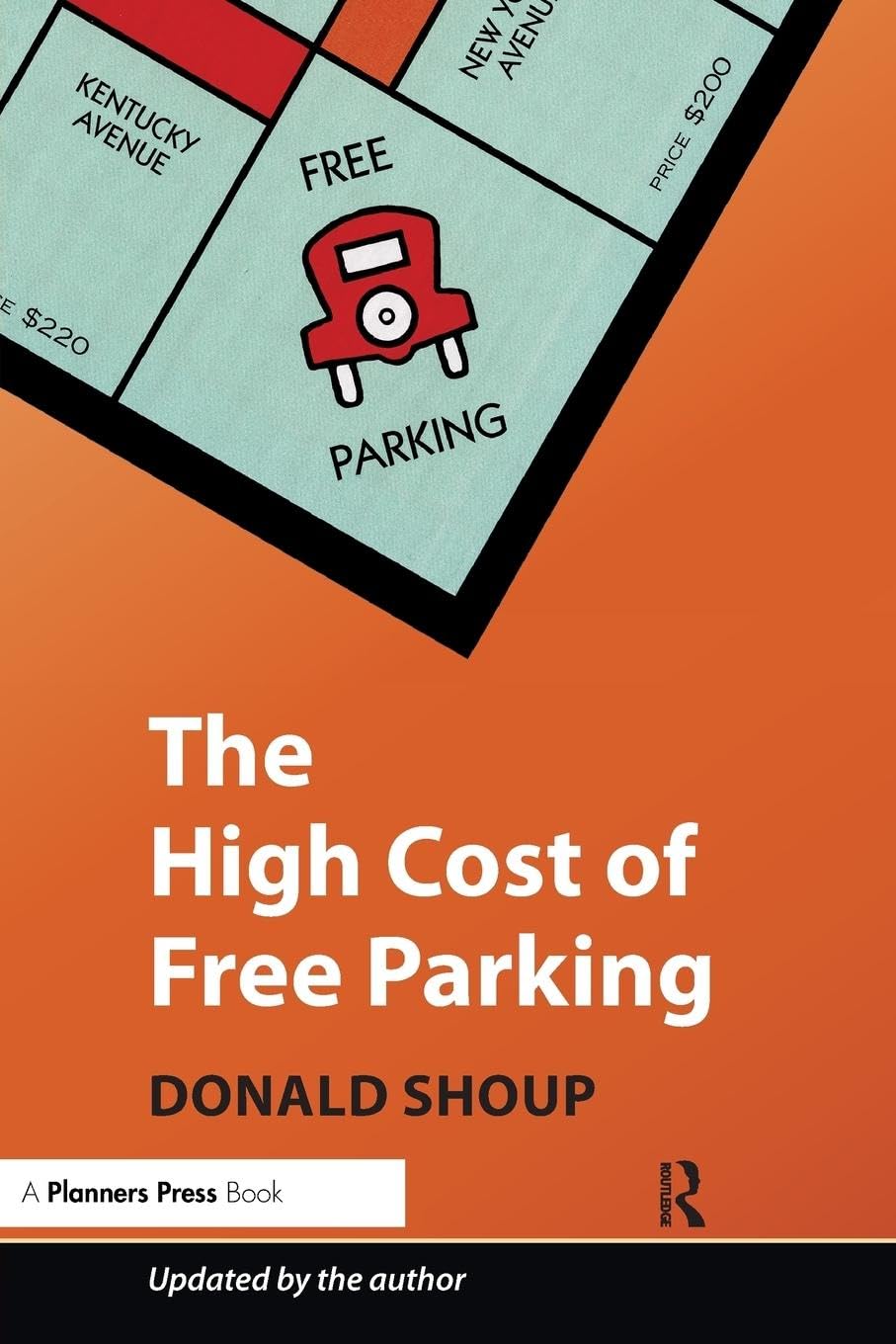I have plenty of nuance, here you go:
- https://zoningverydifferentthanours.substack.com - https://josh.works/issues-in-golden - https://josh.works/parking-in-golden - https://josh.works/about-roundabouts
I could go on. Do you want to start with Donald Shoup's [The High Cost of Free Parking](https://www.amazon.com/High-Cost-Parking-Updated-Edition/dp/...) or my friend Alain Bertraud's beautiful book about urban _economics_ as the right frame of analysis for managing shared city resources: https://www.goodreads.com/book/show/39644188-order-without-d...
There's a deep and intimate relationship between american zoning laws, american mobility regimes, and the american ethnic cleansing of all non-whites: https://josh.works/full-copy-of-1922-atlanta-zone-plan
Tell me more about my lack of nuance. You might be right, fwiw, but it might kinda be the point. I'm not interested in a message of "your opposition of ethnic cleansing is _insufficiently nuanced_.", though it is slightly humorous.
First, commercial property taxes in California are generally higher than residential. Which is an incentive to attract business, not residents. https://www.hechtgroup.com/the-different-taxes-imposed-on-co...
Second, you're seriously underestimating the cost of roads. As https://www.amazon.com/High-Cost-Free-Parking-Updated/dp/193... pointed out, the bit of road your car is parked on usually costs more than the car. Now walk around your neighborhood and look at how much road there is. ALL of it costs that much. Most of us don't think about it, but it has to be paid for somehow. And it really isn't cheap.
If the condo complex is sufficiently unattractive, few people will want to live there, and prices will fall to the point where buyers or renters accept the low price and the associated hassle. That's a market decision. If the condo complex is, let's imagine, 50% lower than market, then maybe people will accept the parking situation.
and there is no transit available anywhere near there
Then residents might try demanding it from the city government.
You may like this: https://www.amazon.com/High-Cost-Free-Parking-Updated/dp/193... book.
The High Cost of Free Parking by Donald Shoup
https://www.amazon.com/High-Cost-Free-Parking-Updated/dp/193...
https://www.google.com/maps/@44.0492073,-121.3266077,3a,75y,...
Is a pretty common sight in the US. What a colossal waste of land!
Here's the book everyone cites on the issue:
https://www.amazon.com/High-Cost-Free-Parking-Updated/dp/193...
This is a solved problem: Charge for parking and the shortage goes away. Meter technology is decades old and well understood. https://www.amazon.com/High-Cost-Free-Parking-Updated/dp/193...
Pigouvian taxes on high-carbon fuels are ridiculously unpopular. The median voter (http://www.amazon.com/Myth-Rational-Voter-Democracies-Polici...) does not perceive the TCO of cars, the fuel supply chain, and parking spaces (http://www.amazon.com/High-Cost-Free-Parking-Updated/dp/1932...). So CAFE standards and other kinda crappy, second- and third-best workarounds get used instead.
[0] http://www.uctc.net/papers/351.pdf
[1] http://www.amazon.com/High-Cost-Parking-Updated-Edition/dp/1...
Me too. BTW, The High Cost of Free Parking by Shoup is amazing on this issue (http://www.amazon.com/High-Cost-Free-Parking-Updated/dp/1932...). Totally changed my perspective when I read it.
See Shoup, The High Cost of Free Parking: http://www.amazon.com/High-Cost-Parking-Updated-Edition/dp/1... .
Parking is already very expensive in many urban areas and it's implicitly subsidized by zoning requirements. The true cost of parking is even higher.
Places built explicitly around parking (like Atlanta or Phoenix) end up paying high time costs in the form of driving.
There is no free lunch (or in this case, parking spot).
That said - The High Cost of Free Parking (1) and The Walkable City (2) are both excellent reads on the matter of parking and car parks. The second is the more readable.
(1) http://www.amazon.com/High-Cost-Parking-Updated-Edition/dp/1... (2) http://www.amazon.com/Walkable-City-Downtown-Save-America/dp...
FWIW, I have a friend in the planning division of the city I live in, and just a few days ago we were having a discussion about the issues with parking.
http://www.amazon.com/High-Cost-Free-Parking-Updated/dp/1932...
People certainly can and do make arguments that people should demand to pay for parking, as to do anything else causes even worse problems.


The topical book to recommend here is obviously The High Cost of Free Parking.
https://www.amazon.com/High-Cost-Free-Parking-Updated/dp/193...